Disbursement of semiconductor subsidies to be executed by Trump administration
입력 2024.12.22 (01:00)
읽어주기 기능은 크롬기반의
브라우저에서만 사용하실 수 있습니다.
[Anchor]
The U.S. government has confirmed that it will provide Samsung Electronics with a subsidy of 6.9 trillion won for building a large-scale semiconductor factory in the United States.
However, the amount has been reduced to about one-fourth of what was initially negotiated.
There are analyses suggesting that the upcoming inauguration of the Trump administration next month may have been a variable to this situation.
Kim Kyung-soo reports.
[Report]
The reduction in the subsidy that the U.S. government has decided to grant Samsung Electronics is primarily due to a decrease in Samsung's investment amount in the U.S.
Samsung initially planned to invest 44 billion dollars in its semiconductor factory in Texas by 2030, but this amount has been reduced to 37 billion dollars.
This change is due to fluctuations in Samsung Electronics' medium- to long-term global investment plans.
As a result, the subsidy provided by the U.S. has decreased to 4.745 billion dollars, approximately 6.9 trillion won, which is less than the initially negotiated amount.
However, while Samsung's investment has been reduced by 16%, the subsidy has decreased by a much larger margin of 26%.
This has led to analyses suggesting that the upcoming inauguration of the Trump administration next month may have been a variable to the situation.
President-elect Trump has expressed support for attracting semiconductor factories to the U.S., but has opposed the method of providing subsidies.
[Donald Trump/President-elect of the United States/October 2024/On the Joe Rogan Podcast: "The chip deal is so bad. We put up billions of dollars for rich companies to come and borrow the money and build chip companies here, and they're not going to give us the good companies anyway."]
The decision to grant subsidies to semiconductor companies was hastily finalized by the Biden administration, but the actual disbursement of funds will be carried out by the Trump administration.
Depending on the investment execution situation, the disbursement of subsidies by the Trump administration may be fluid.
This is Kim Kyung-soo reporting for KBS News from Washington.
The U.S. government has confirmed that it will provide Samsung Electronics with a subsidy of 6.9 trillion won for building a large-scale semiconductor factory in the United States.
However, the amount has been reduced to about one-fourth of what was initially negotiated.
There are analyses suggesting that the upcoming inauguration of the Trump administration next month may have been a variable to this situation.
Kim Kyung-soo reports.
[Report]
The reduction in the subsidy that the U.S. government has decided to grant Samsung Electronics is primarily due to a decrease in Samsung's investment amount in the U.S.
Samsung initially planned to invest 44 billion dollars in its semiconductor factory in Texas by 2030, but this amount has been reduced to 37 billion dollars.
This change is due to fluctuations in Samsung Electronics' medium- to long-term global investment plans.
As a result, the subsidy provided by the U.S. has decreased to 4.745 billion dollars, approximately 6.9 trillion won, which is less than the initially negotiated amount.
However, while Samsung's investment has been reduced by 16%, the subsidy has decreased by a much larger margin of 26%.
This has led to analyses suggesting that the upcoming inauguration of the Trump administration next month may have been a variable to the situation.
President-elect Trump has expressed support for attracting semiconductor factories to the U.S., but has opposed the method of providing subsidies.
[Donald Trump/President-elect of the United States/October 2024/On the Joe Rogan Podcast: "The chip deal is so bad. We put up billions of dollars for rich companies to come and borrow the money and build chip companies here, and they're not going to give us the good companies anyway."]
The decision to grant subsidies to semiconductor companies was hastily finalized by the Biden administration, but the actual disbursement of funds will be carried out by the Trump administration.
Depending on the investment execution situation, the disbursement of subsidies by the Trump administration may be fluid.
This is Kim Kyung-soo reporting for KBS News from Washington.
■ 제보하기
▷ 카카오톡 : 'KBS제보' 검색, 채널 추가
▷ 전화 : 02-781-1234, 4444
▷ 이메일 : kbs1234@kbs.co.kr
▷ 유튜브, 네이버, 카카오에서도 KBS뉴스를 구독해주세요!
- Disbursement of semiconductor subsidies to be executed by Trump administration
-
- 입력 2024-12-22 01:00:20
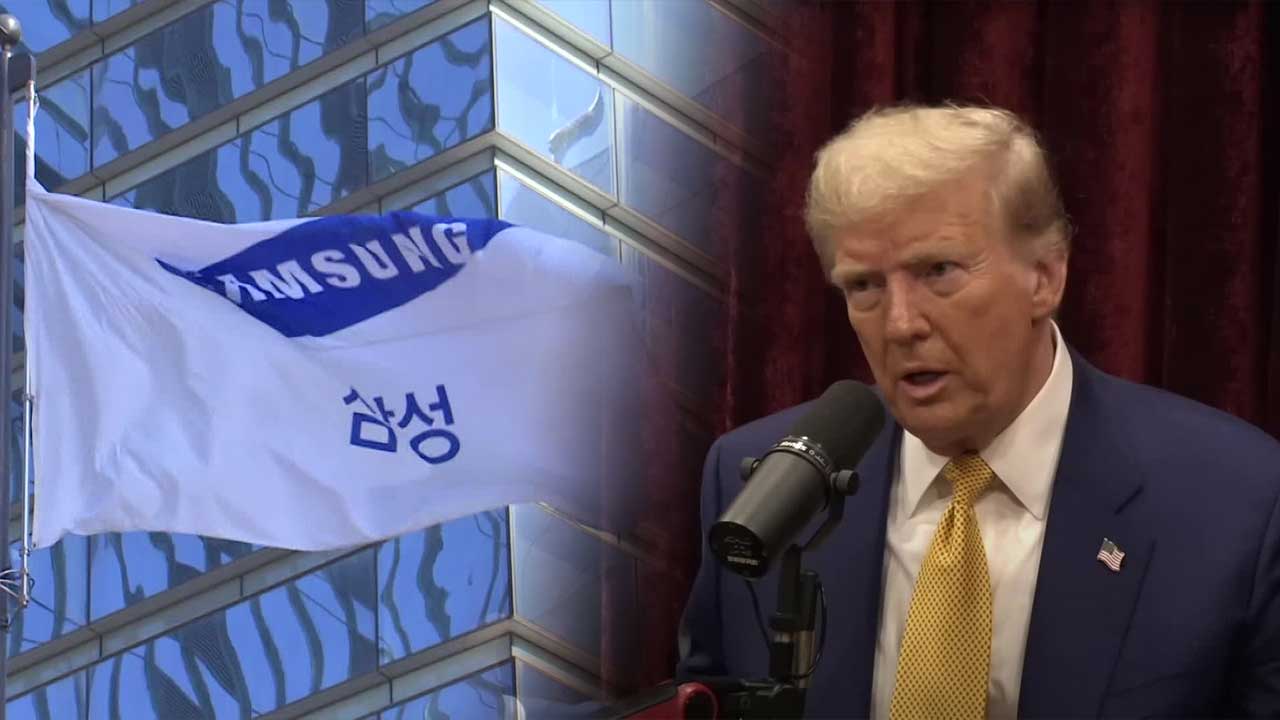
[Anchor]
The U.S. government has confirmed that it will provide Samsung Electronics with a subsidy of 6.9 trillion won for building a large-scale semiconductor factory in the United States.
However, the amount has been reduced to about one-fourth of what was initially negotiated.
There are analyses suggesting that the upcoming inauguration of the Trump administration next month may have been a variable to this situation.
Kim Kyung-soo reports.
[Report]
The reduction in the subsidy that the U.S. government has decided to grant Samsung Electronics is primarily due to a decrease in Samsung's investment amount in the U.S.
Samsung initially planned to invest 44 billion dollars in its semiconductor factory in Texas by 2030, but this amount has been reduced to 37 billion dollars.
This change is due to fluctuations in Samsung Electronics' medium- to long-term global investment plans.
As a result, the subsidy provided by the U.S. has decreased to 4.745 billion dollars, approximately 6.9 trillion won, which is less than the initially negotiated amount.
However, while Samsung's investment has been reduced by 16%, the subsidy has decreased by a much larger margin of 26%.
This has led to analyses suggesting that the upcoming inauguration of the Trump administration next month may have been a variable to the situation.
President-elect Trump has expressed support for attracting semiconductor factories to the U.S., but has opposed the method of providing subsidies.
[Donald Trump/President-elect of the United States/October 2024/On the Joe Rogan Podcast: "The chip deal is so bad. We put up billions of dollars for rich companies to come and borrow the money and build chip companies here, and they're not going to give us the good companies anyway."]
The decision to grant subsidies to semiconductor companies was hastily finalized by the Biden administration, but the actual disbursement of funds will be carried out by the Trump administration.
Depending on the investment execution situation, the disbursement of subsidies by the Trump administration may be fluid.
This is Kim Kyung-soo reporting for KBS News from Washington.
The U.S. government has confirmed that it will provide Samsung Electronics with a subsidy of 6.9 trillion won for building a large-scale semiconductor factory in the United States.
However, the amount has been reduced to about one-fourth of what was initially negotiated.
There are analyses suggesting that the upcoming inauguration of the Trump administration next month may have been a variable to this situation.
Kim Kyung-soo reports.
[Report]
The reduction in the subsidy that the U.S. government has decided to grant Samsung Electronics is primarily due to a decrease in Samsung's investment amount in the U.S.
Samsung initially planned to invest 44 billion dollars in its semiconductor factory in Texas by 2030, but this amount has been reduced to 37 billion dollars.
This change is due to fluctuations in Samsung Electronics' medium- to long-term global investment plans.
As a result, the subsidy provided by the U.S. has decreased to 4.745 billion dollars, approximately 6.9 trillion won, which is less than the initially negotiated amount.
However, while Samsung's investment has been reduced by 16%, the subsidy has decreased by a much larger margin of 26%.
This has led to analyses suggesting that the upcoming inauguration of the Trump administration next month may have been a variable to the situation.
President-elect Trump has expressed support for attracting semiconductor factories to the U.S., but has opposed the method of providing subsidies.
[Donald Trump/President-elect of the United States/October 2024/On the Joe Rogan Podcast: "The chip deal is so bad. We put up billions of dollars for rich companies to come and borrow the money and build chip companies here, and they're not going to give us the good companies anyway."]
The decision to grant subsidies to semiconductor companies was hastily finalized by the Biden administration, but the actual disbursement of funds will be carried out by the Trump administration.
Depending on the investment execution situation, the disbursement of subsidies by the Trump administration may be fluid.
This is Kim Kyung-soo reporting for KBS News from Washington.
-
-
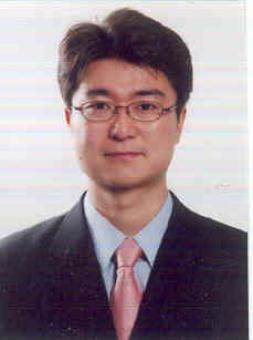
김경수 기자 bada@kbs.co.kr
김경수 기자의 기사 모음
-
이 기사가 좋으셨다면
-
좋아요
0
-
응원해요
0
-
후속 원해요
0










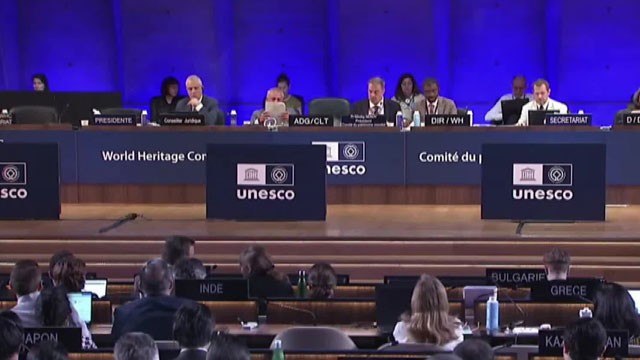
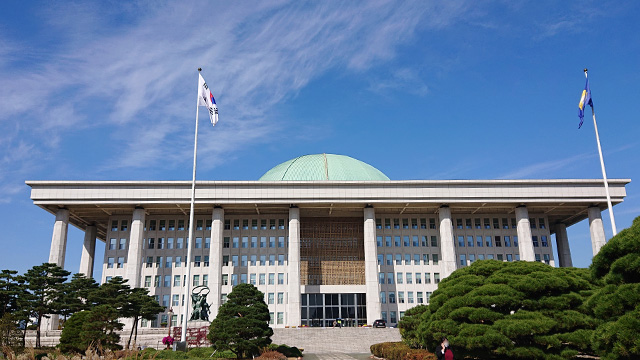
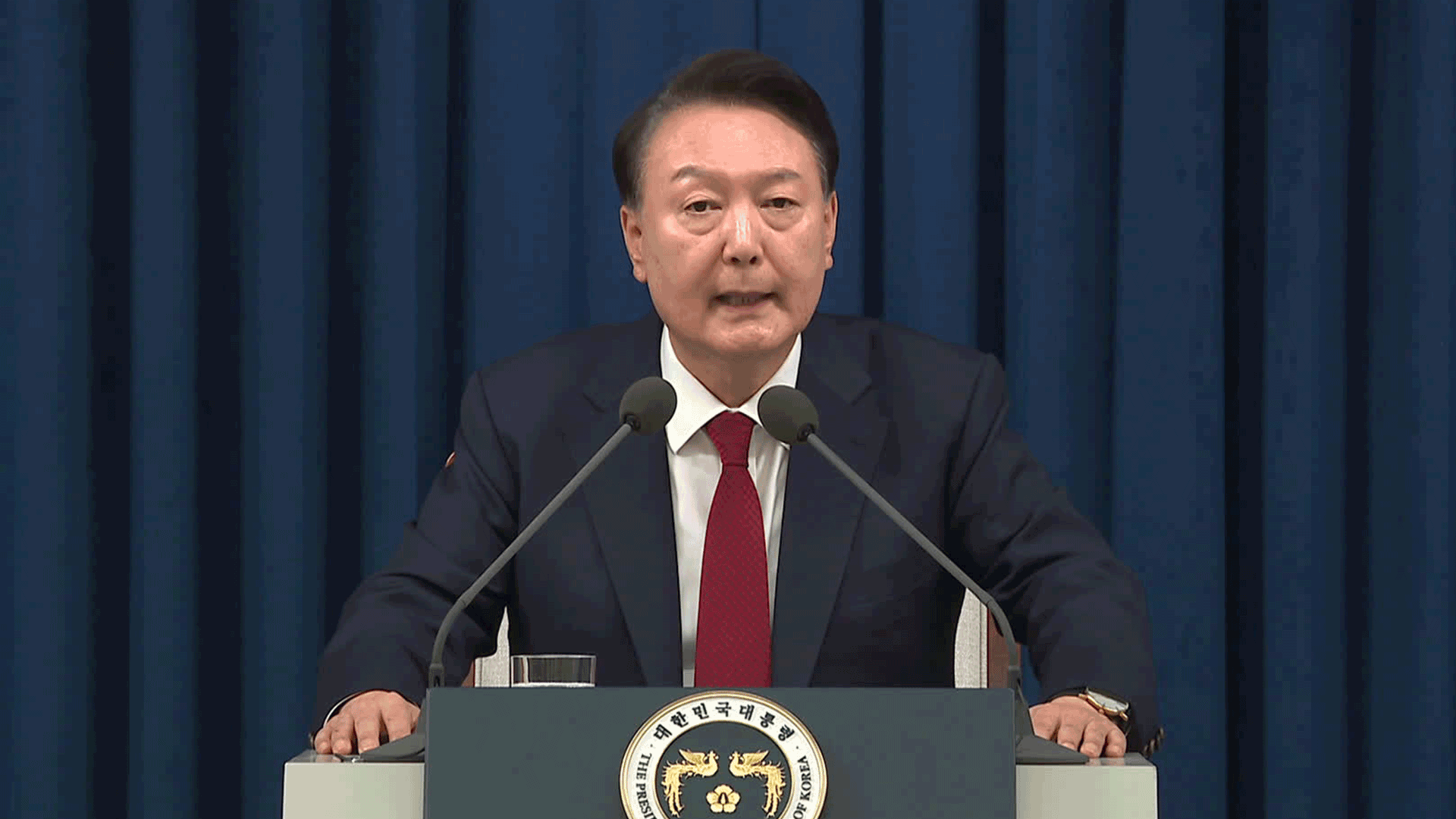
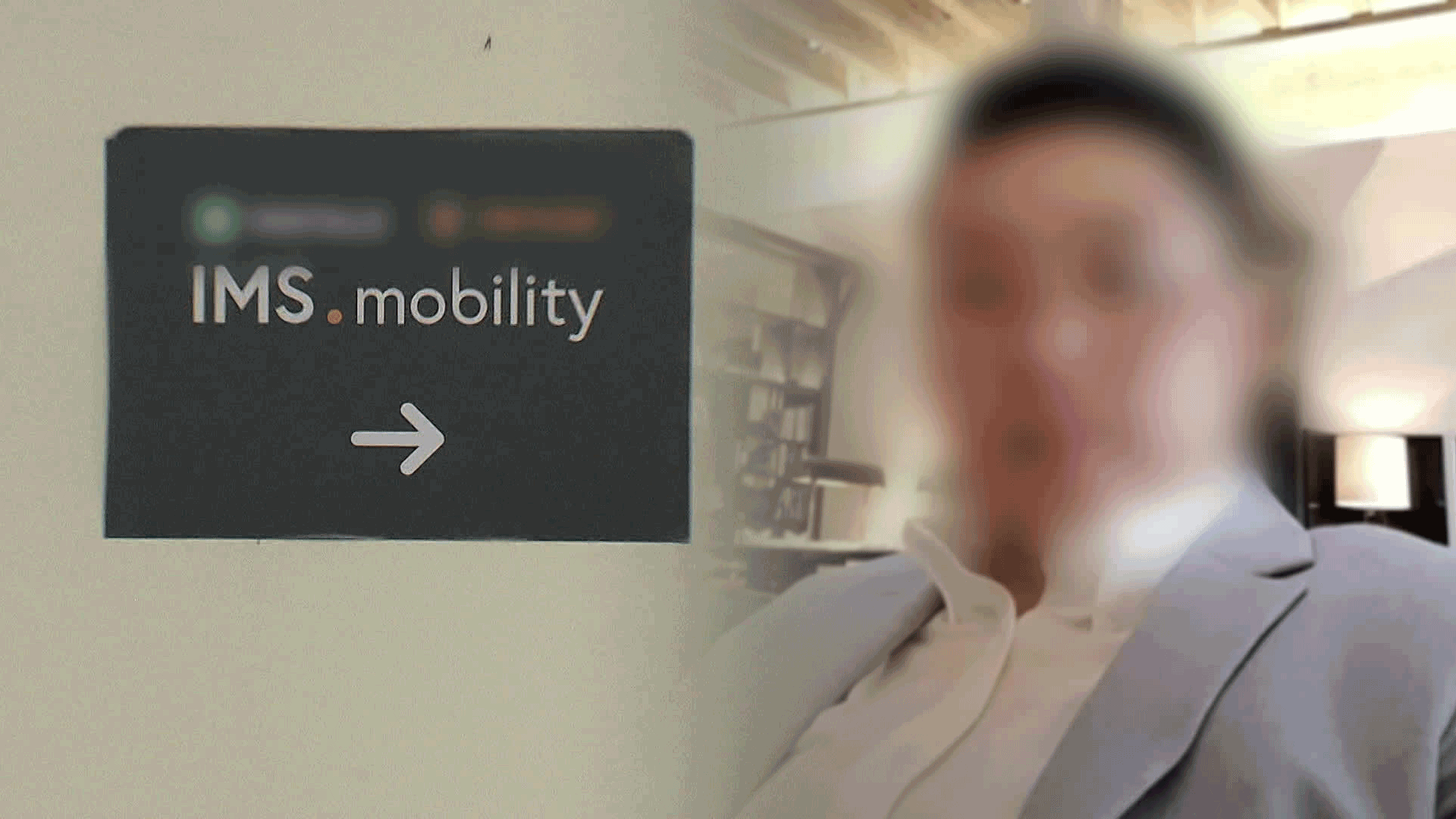

이 기사에 대한 의견을 남겨주세요.